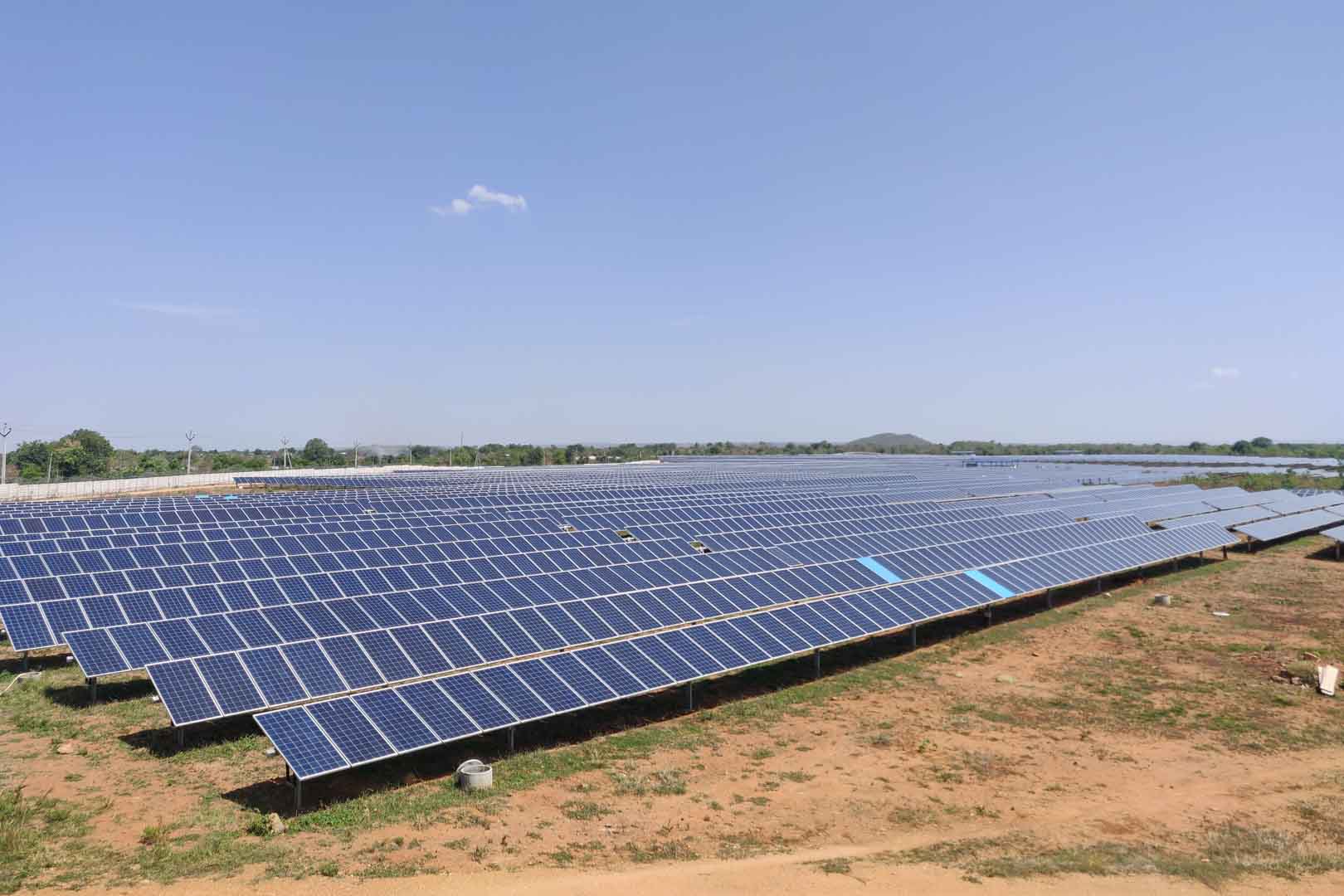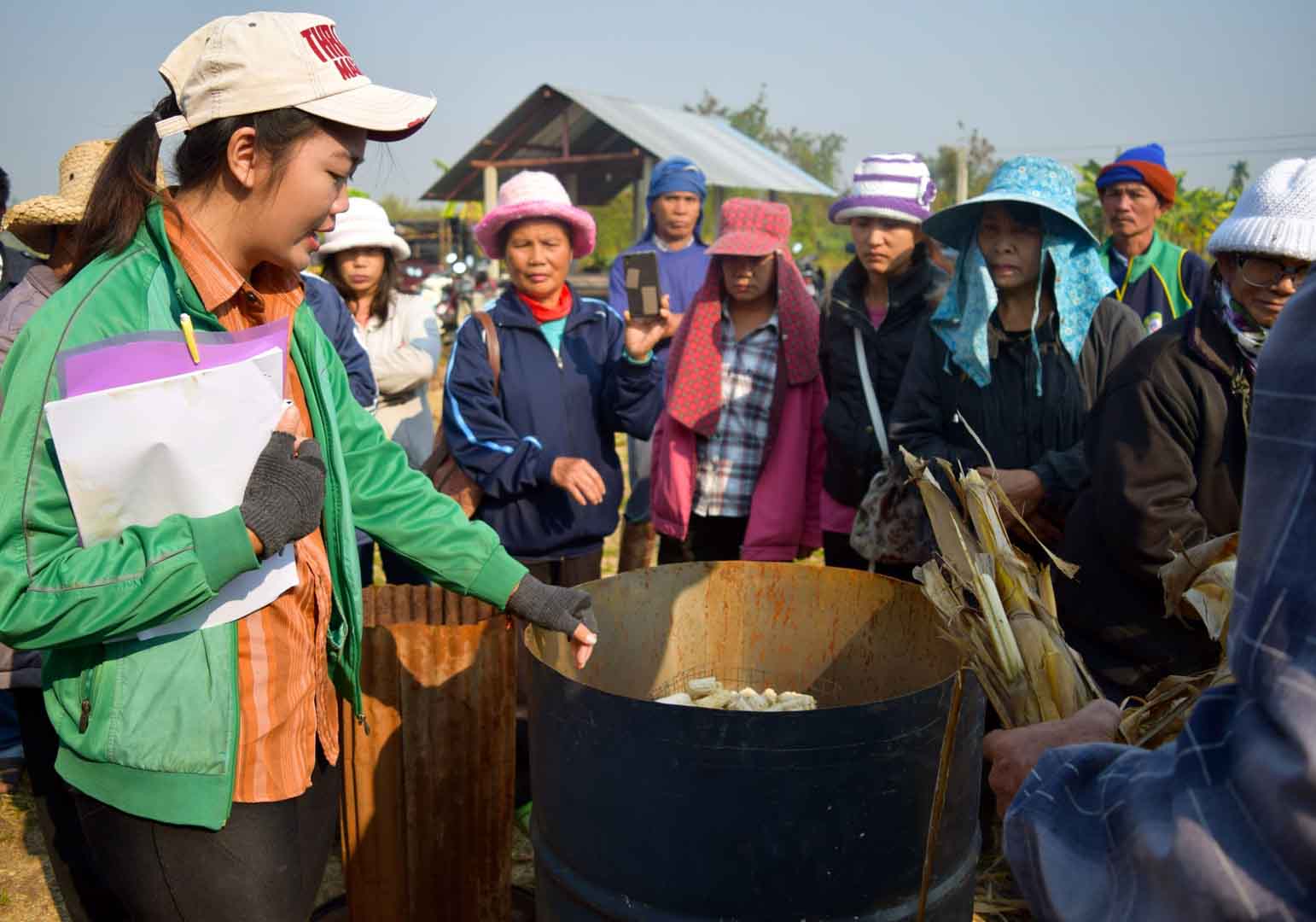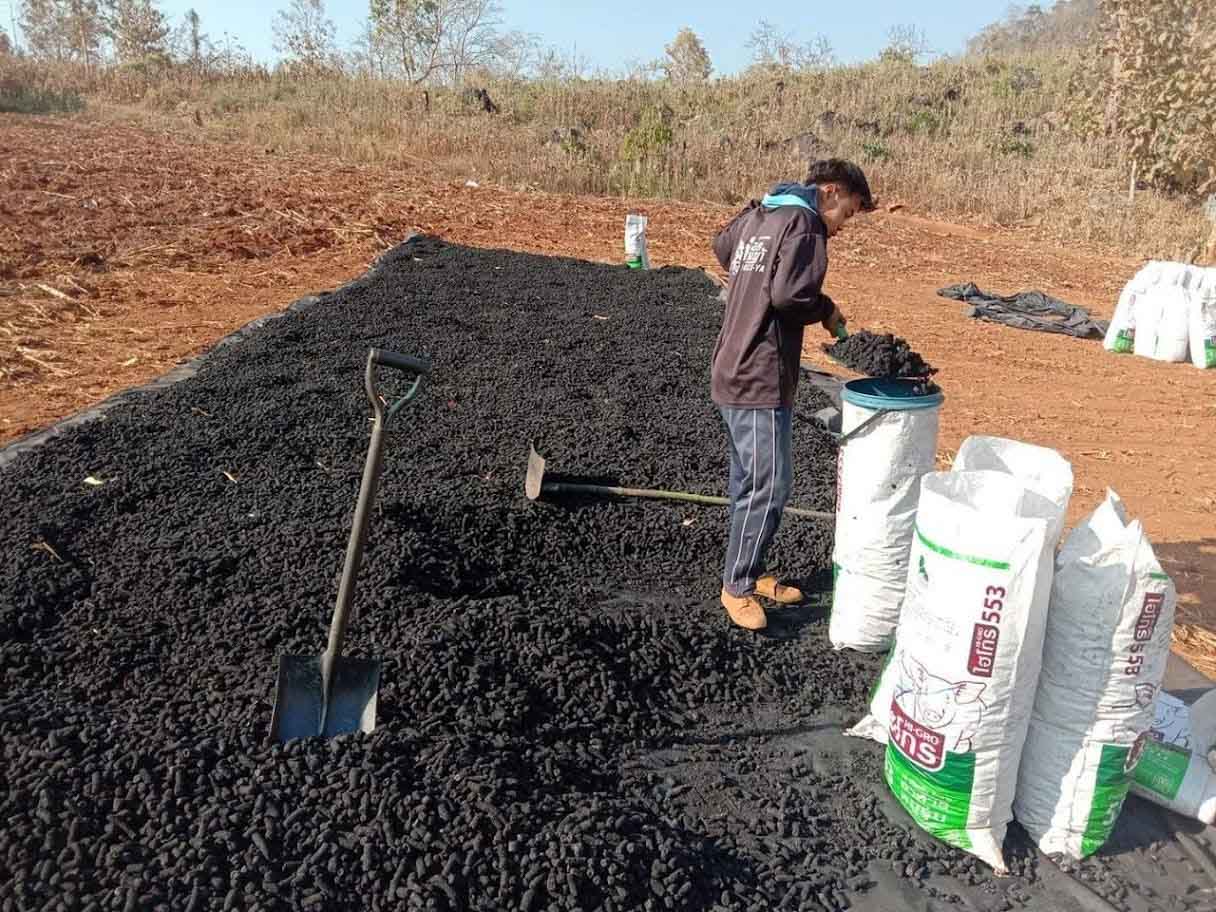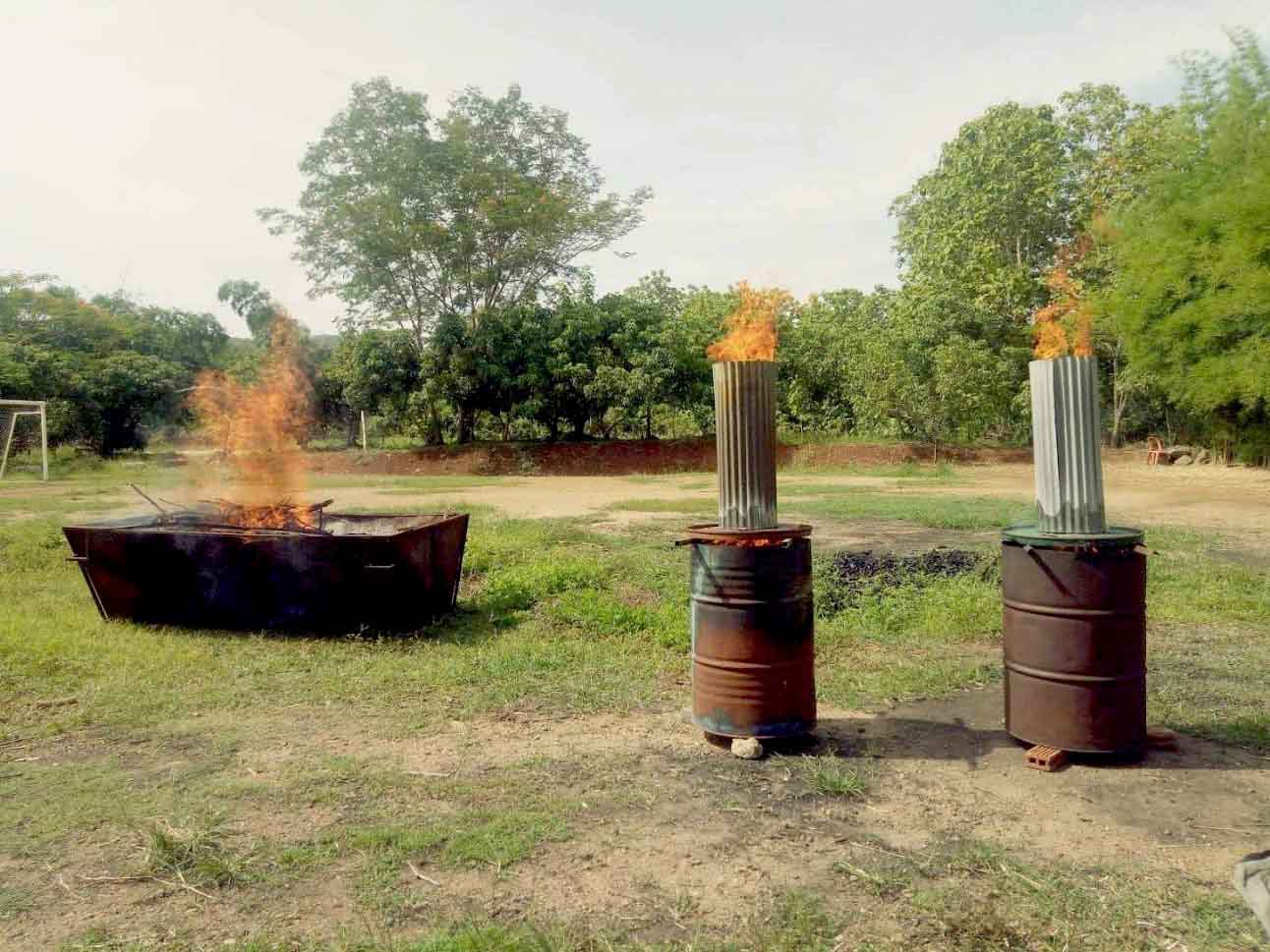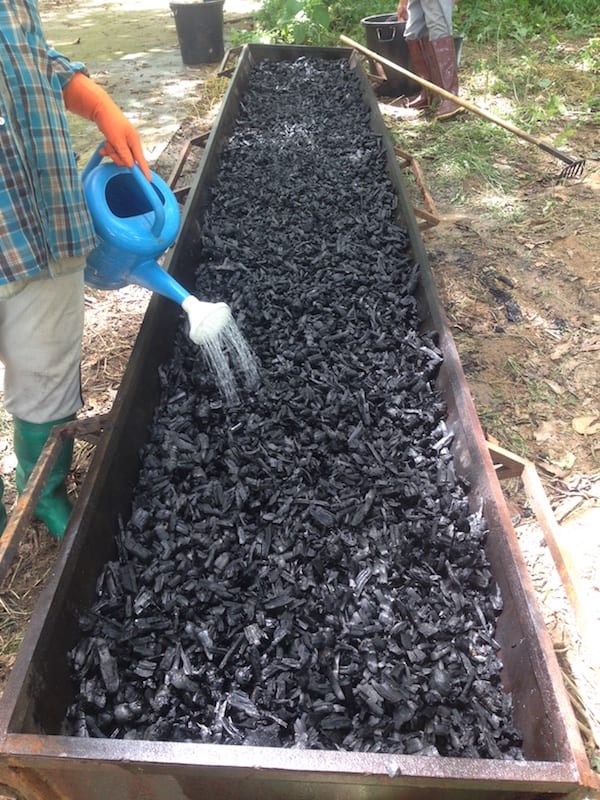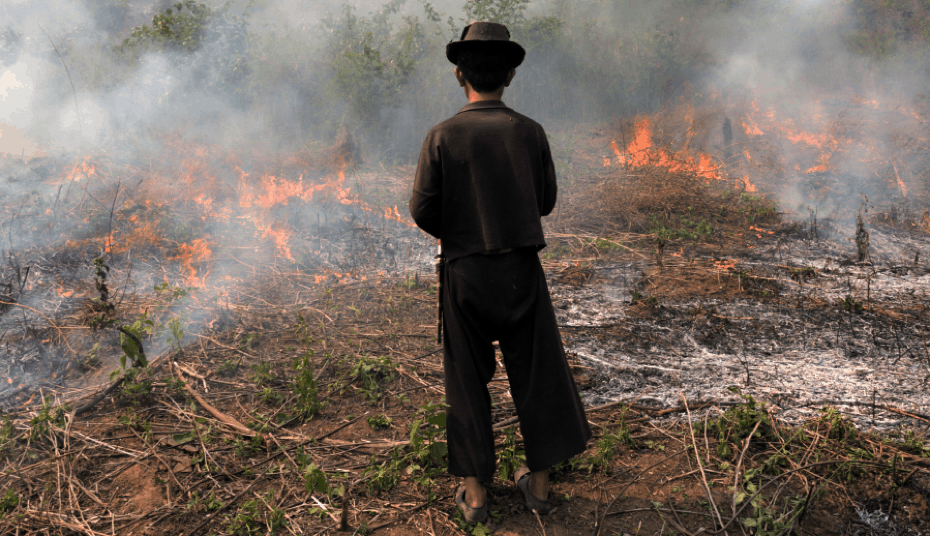A certified climate project combined with additional commitment
This combined project contributes to the financing of a certified climate project and additionally supports a biochar initiative in Thailand. For every tonne of CO2 saved through the contribution via a certified climate project, 10 kg of biochar a produced and used for agricultural activities in Thailand. Instead of environmentally harmful burning of field waste, farmers can convert their crop residues into versatile biochar, which both stores CO2 and improves soil quality.
Currently, the biochar initiative is combined with a certified solar energy project in India (climatepartner.com/1429).
Combined climate project to date: afforestation, Guanaré, Uruguay (climatepartner.com/1148) and solar energy, Jaloya, India (climatepartner.com/1390).
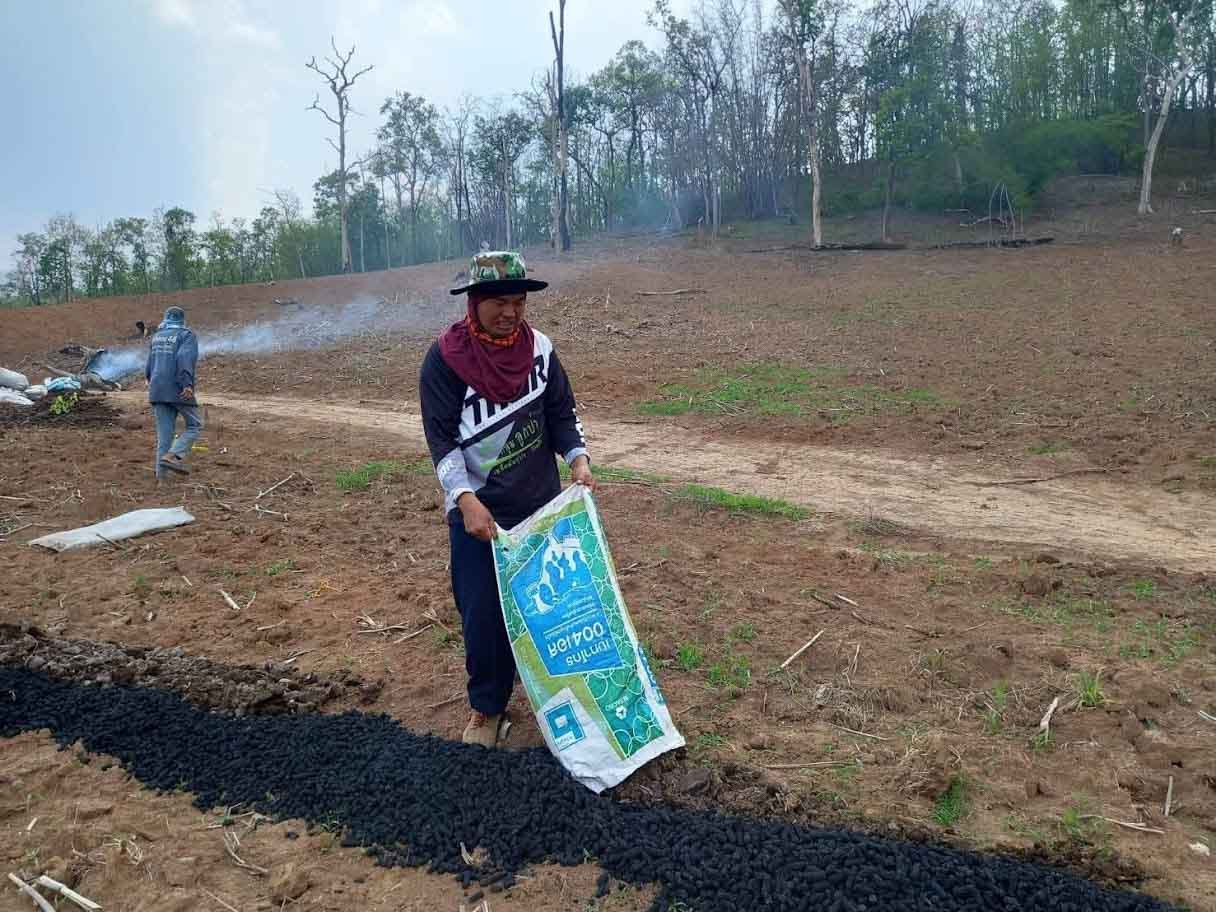
Our additional commitment: 10 kg of biochar for every tonne of carbon reduced
With our combined project, we combine verified emission reductions through a certified climate project with additional commitment. Our first biochar initiative, implemented by the Warm Heart Foundation, provides incentives for farmers in Phrao district, Thailand, to use their field waste sustainably instead of burning it.
This works with biochar. The charred biomass permanently stores CO2 and can be used by farmers directly in the field as a soil additive, for example. Among other things, it improves the water and nutrient storage capacity of the soil, which leads to healthier plants and higher yields. The climate also benefits from lower greenhouse gas emissions due to less slash-and-burn agriculture. The certified climate project is registered with international standards.
What’s a combined project?
With combined projects, ClimatePartner brings together funding for international, certified climate projects with additional support for nature conservation projects.
Explore our projects
Biochar for Climate Action, Healthy Soils, and Better Harvests
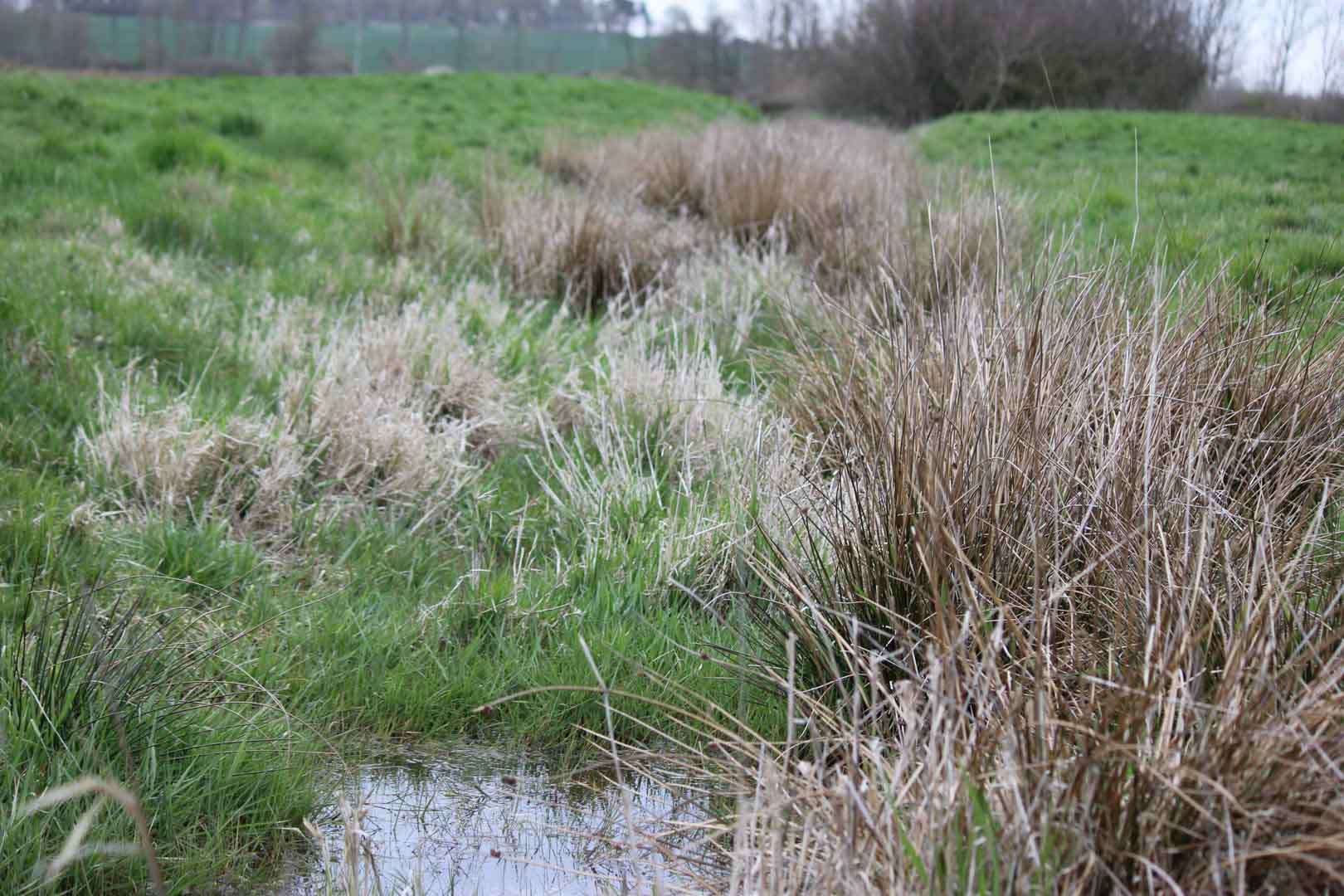
A certified climate project combined with additional commitment
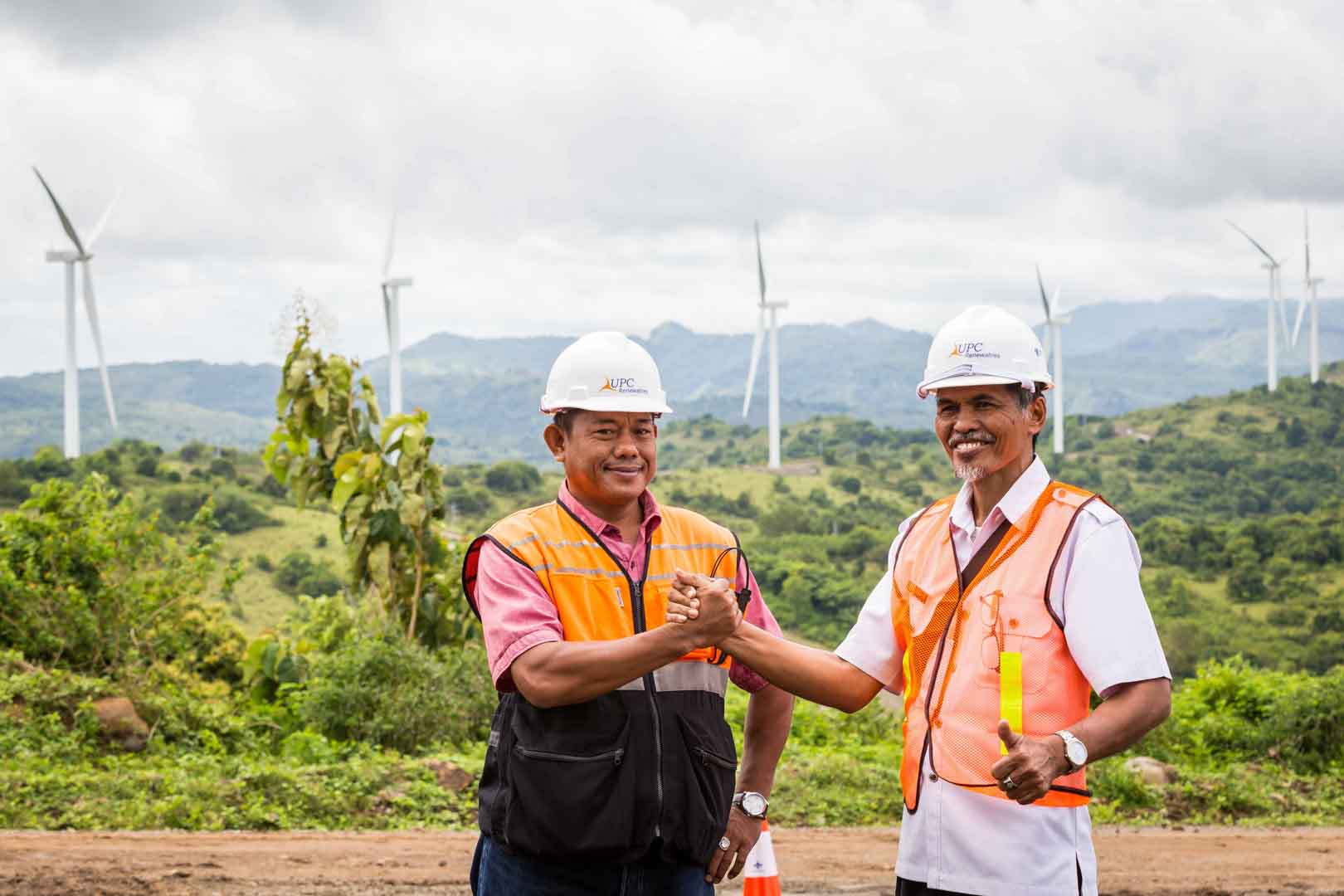
Expansion of renewable energy generation in Asia
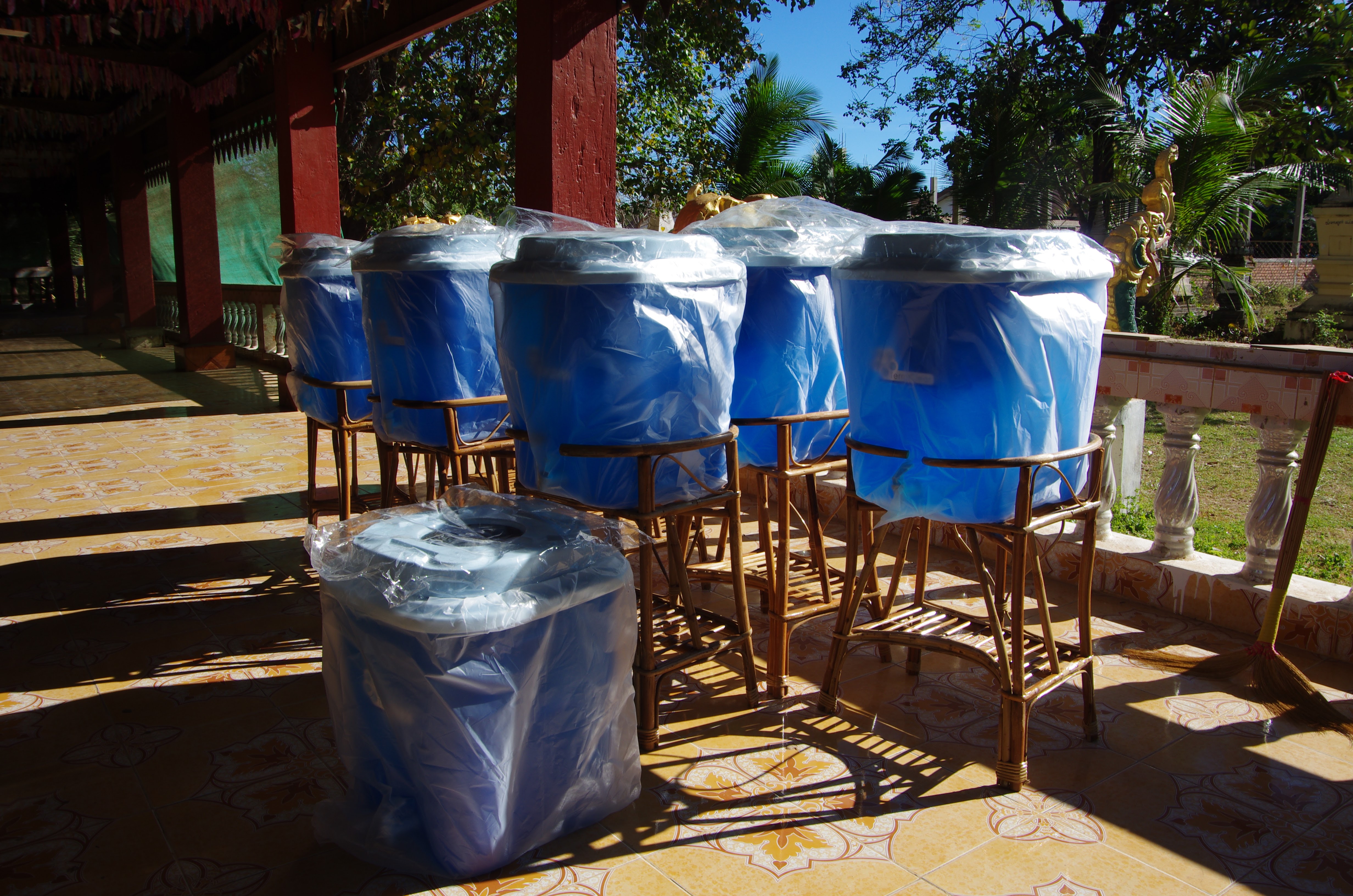
Ceramic water filters save CO2 and improve health
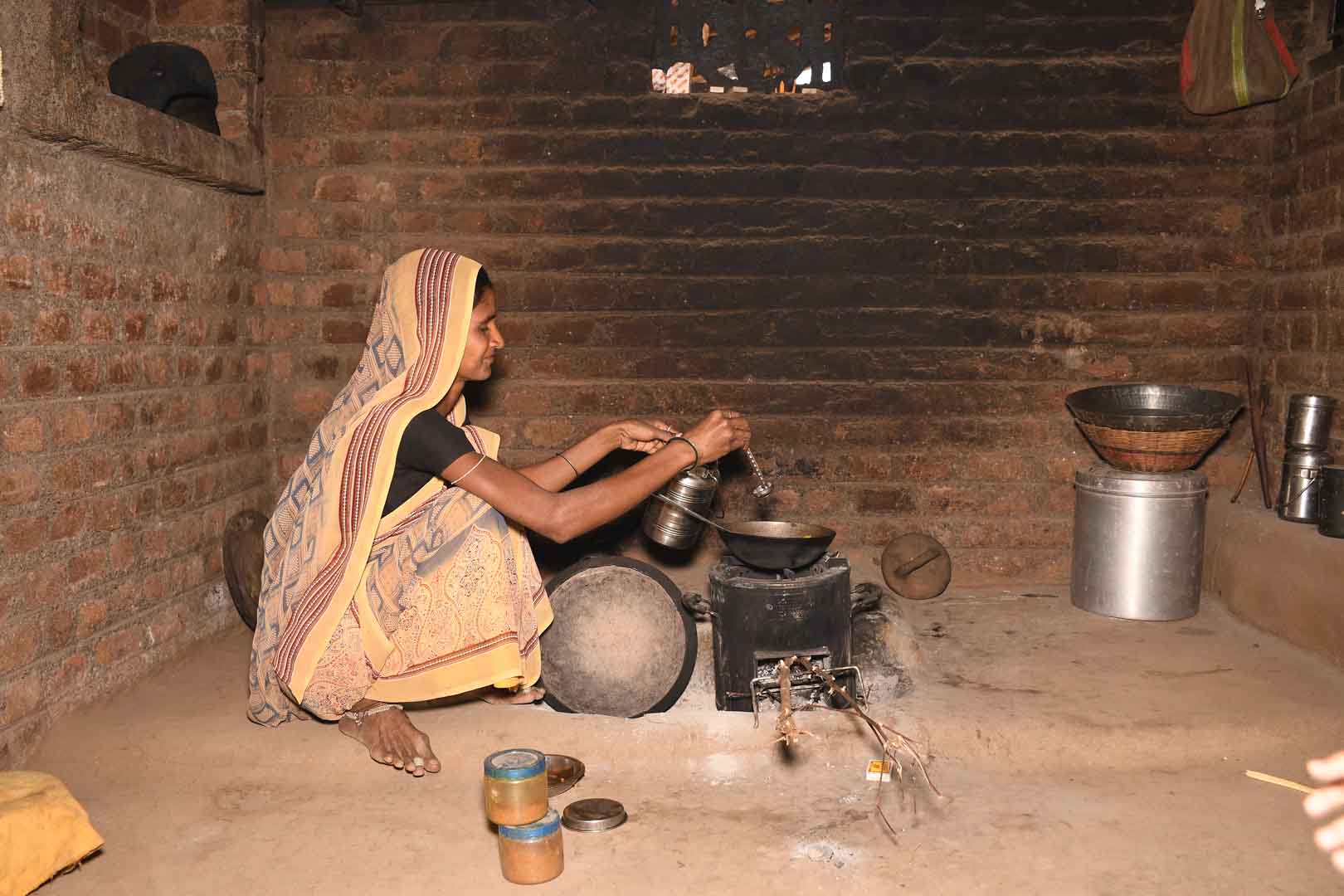
Improved cookstoves worldwide – for better health and cleaner air

A certified climate project combined with additional commitment
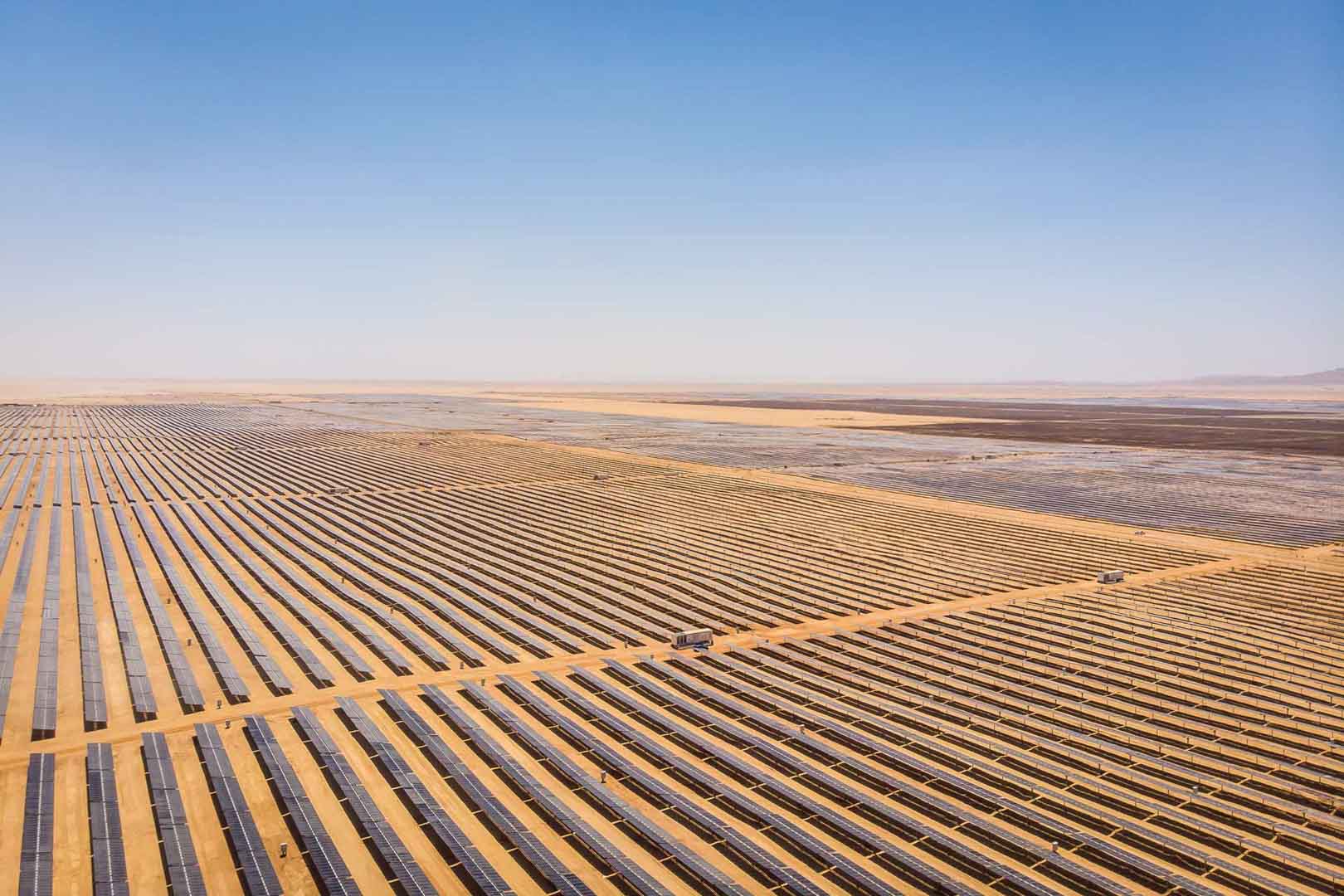
Powering access to renewable energy in Africa

A certified climate project combined with additional commitment
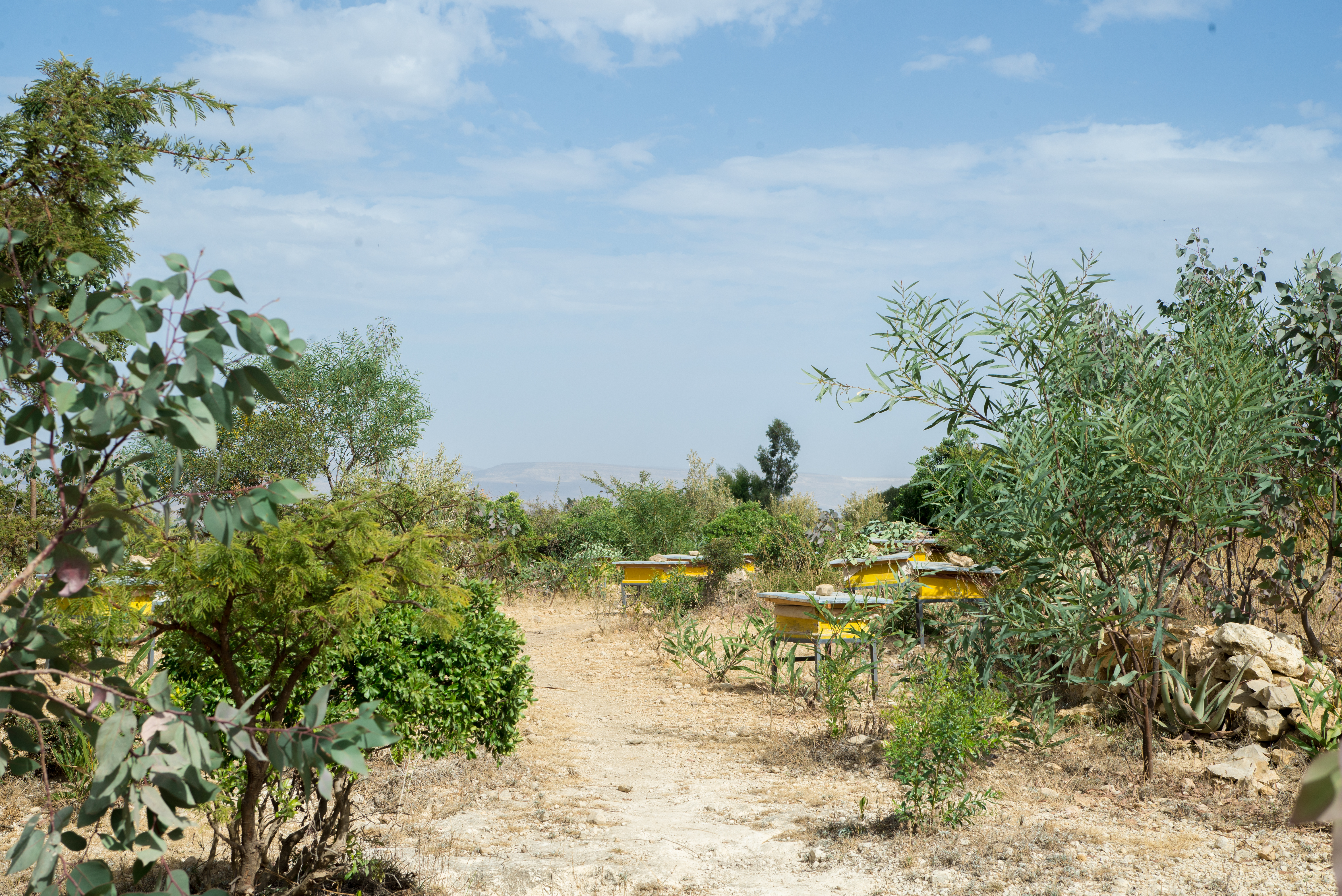
Restored ecosystems remove carbon
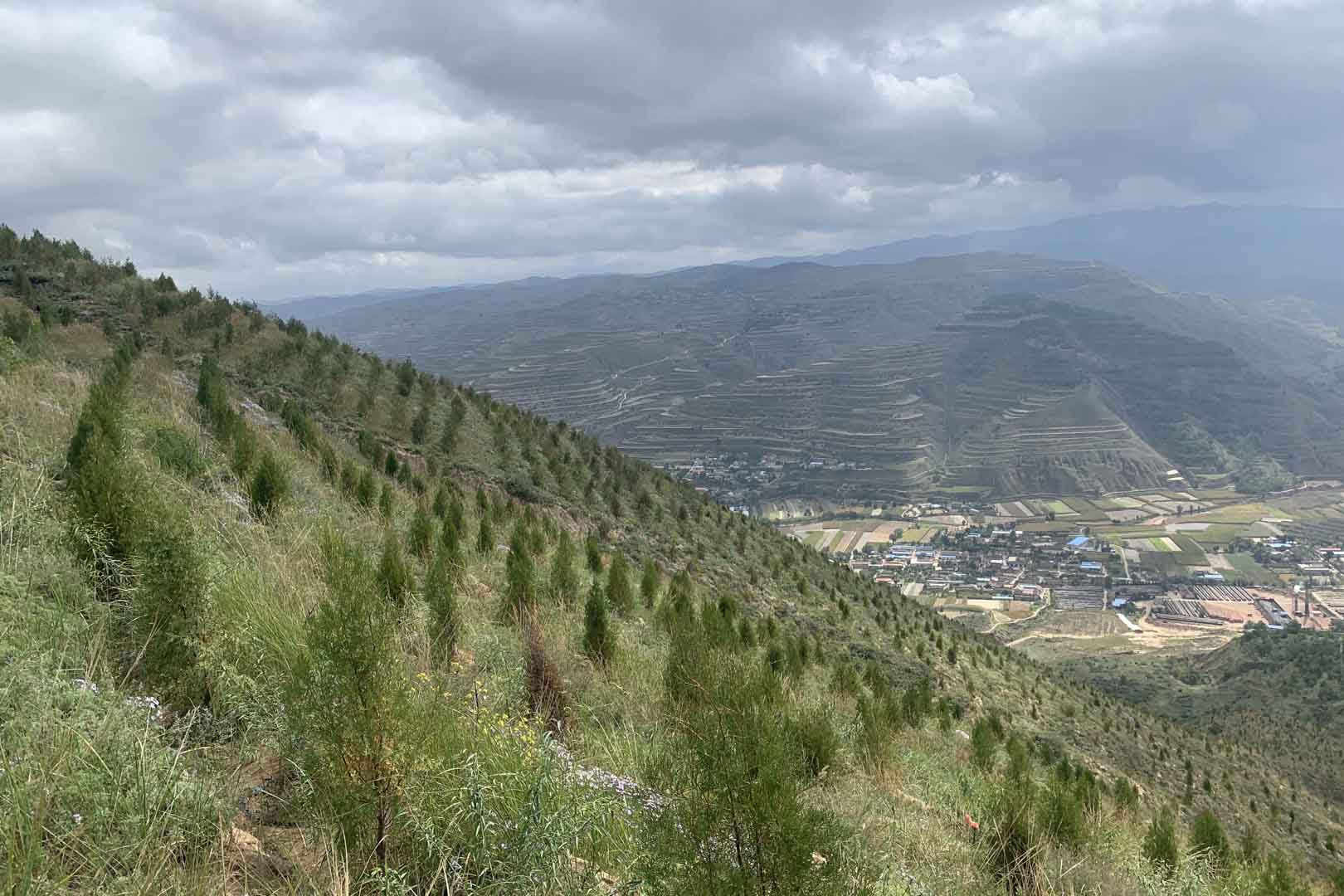
Turning degraded farmlands into healthy ecosystems
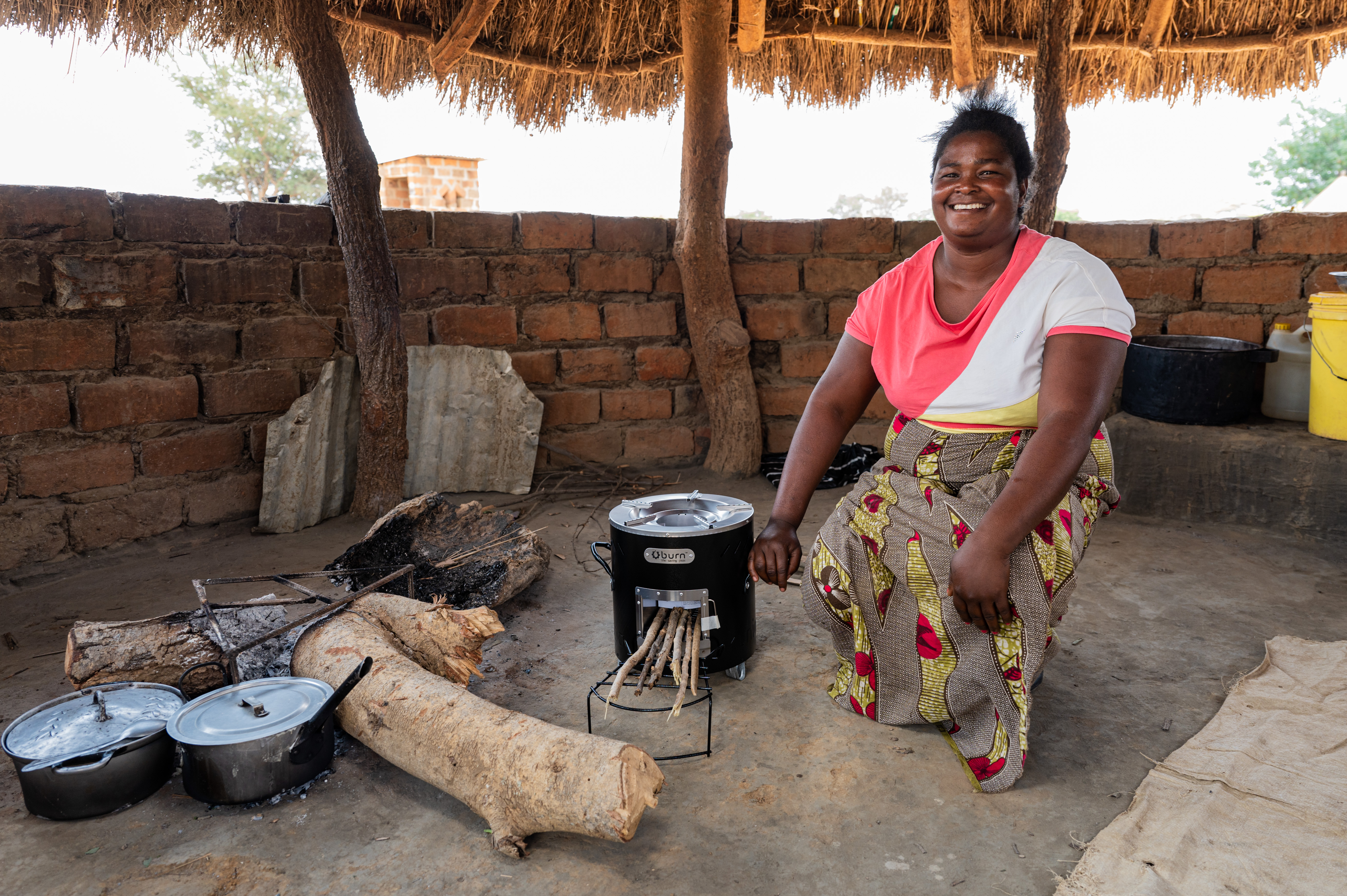
Improved cookstoves - better for health and the environment
